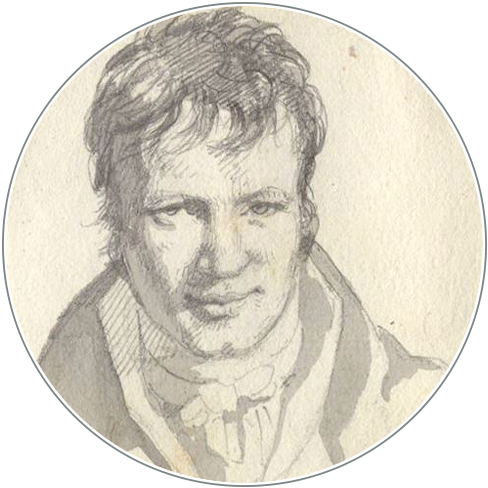„Egipcios por doquier“. Alejandro de Humboldt y su visión ‘orientalista’ de América
DOI:
https://doi.org/10.18443/32Keywords:
1799-1804, Dekonstruktion, Kolonialismus, Metapher, Orientalismus, Philologie, Relation historiqueAbstract
Abstract
Alexander von Humboldt‘s „Orientalist gaze“ is a simple term for a complex mode of perception and description in his American travelogue. Humboldt „Orientalizes“ America in numerous stereotypical metaphors, scientific comparisons and colonial economic analogies, and also perpetuates a philological Orientalism as analyzed by Edward Said. Gradually, however, self-reflexive critiques and a series of subtle inversions erode binary oppositions and colonial constructions. Humboldt‘s text first employs and then deconstructs Eurocentrist patterns. It symptomatizes and strategically destabilizes the concept of the „Orient“ as a paradigm of cultural difference and Orientalism as an imperial discourse.
Zusammenfassung
Alexander von Humboldts amerikanischer Reisebericht (Relation historique…) ist voller orientalischer Motive. Der Blick des Reisenden ist ein ‚orientalistischer‘. Humboldt begreift und inszeniert Amerika mittels literarischer Stereotype, wissenschaftlicher Vergleiche, kolonial-ökonomischer Analogien und philologischer Reflexionen als zweiten Orient. Diese Praxis wird jedoch in Frage gestellt durch selbstkritische Überlegungen und durch eine Reihe komplexerer Verfahren der Orientalisierung: Metaphorische und metonymische Bezüge überlagern sich. Gemeinsamkeiten und Unterschiede werden differenziert. Die Identifikationen zwischen Europa, Amerika und dem Orient sind ebenso wechselhaft wie ihre Bewertungen. Der Humboldtsche Orientalismus dekonstruiert sich selbst.
Resumen
La „visión orientalista“ de Alejandro de Humboldt es un simple término para designar un modo complejo de percepción y descripción empleado por el científico alemán en su relación de viaje. Humboldt „orientaliza“ a América por medio de numerosas metáforas estereotipadas, de comparaciones científicas y analogías económico-coloniales, y perpetúa a su vez un „Orientalismo“ filológico como el que ha analizado Edward Said. Sin embargo, de manera gradual, la crítica autorreflexiva y una serie de sutiles inversiones erosionan las oposiciones binarias y las construcciones coloniales. El texto de Humboldt emplea primeramente patrones eurocentristas para luego deconstruirlos. Lo que en un principio aparece como un síntoma, pasa luego a desestabilizar estratégicamente el concepto del „Oriente“ como paradigma de la diferencia cultural y el „Orientalismo“ como discurso imperial.
How to Cite
Issue
Section
License
Copyright (c) 2002 Oliver Lubrich

This work is licensed under a Creative Commons Attribution-NonCommercial 4.0 International License.
HiN operates under a Creative Commons-Licence (CC BY-NC 4.0), which permits the reproduction of articles, free of charge, for non-commercial use only and with the appropriate citation information. All authors publishing with HiN accept these terms of publication.
Authors retain the copyright for their articles and reviews. Copyright of the layout and design of HiN articles remains with the journal and cannot be used in other publications.









